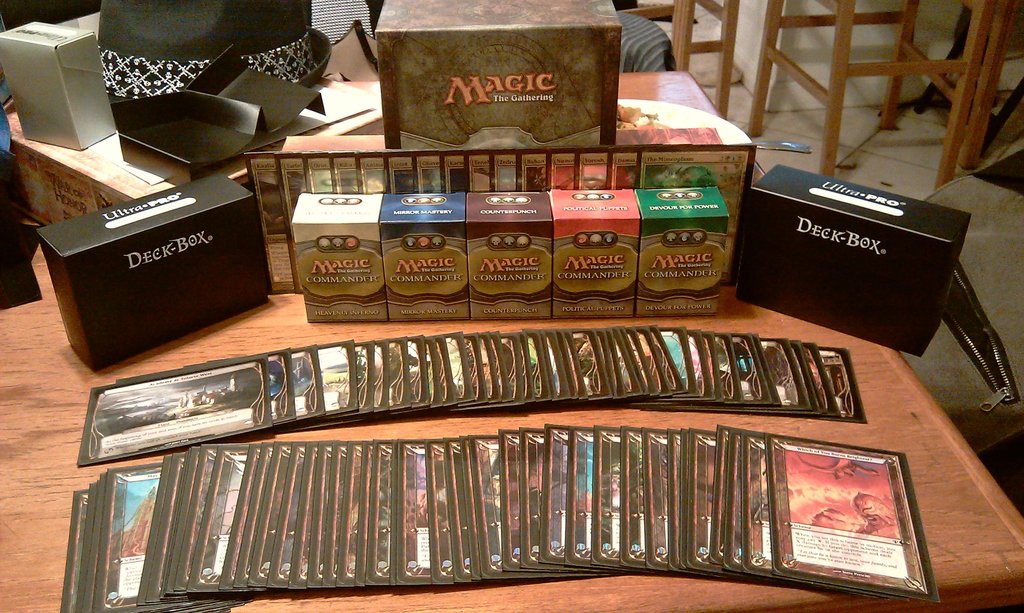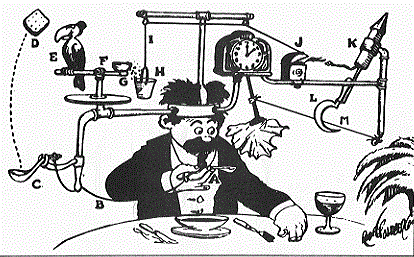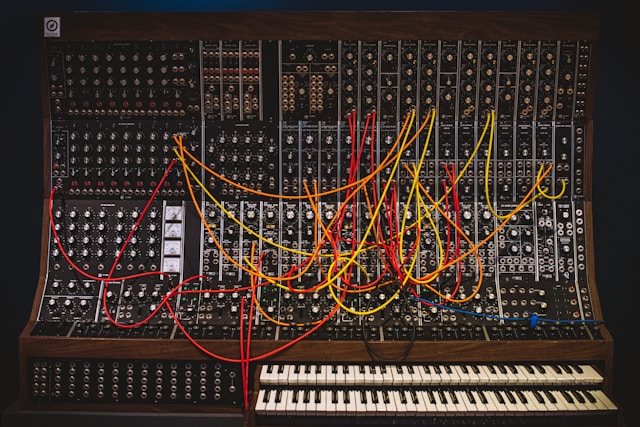
If you were to spend more than 48 hours at our house, you’d almost certainly hear me talk about one of two things: The Cat or The Game. You read about The Cat already – it’s time for The Game!
I got into Magic: The Gathering more than five years ago, and since then, played a number of games. Every time I play, I learn something new – but over the years, I think I gathered a handful of key questions to think about my play, and about what it gives me. Here they are, in no particular order, as usual.
- “Why was this fun?” Magic has tens of thousands of cards, and an almost-infinite number of combinations from one game to another. This means that some cards will excite me, and others will be a turn-off. Some sequences, styles of play, or flavours of cards, will appeal to me more. Investigating the reasons behind this isn’t just my quirk, either – Magic’s designers are famous for doing so, too.
- “When should I deal with this?” In each game, players will encounter threats – and respond to them. Magic’s threats come in all shapes and sizes. And in multiplayer formats, threat assessment is crucial – do I eliminate a card now, or do I wait for it to do damage to other players before reacting?
- “What other options are there?” This used to be my weak spot. Tunnel vision, in life generally, means that I miss many of the opportunities presented to me. Magic gave me plenty of moments when, on my way home from a game night, I realised what other choices I could have made!
- “How can I recover when bad stuff happens?” Notice the “when”, not “if”. The Magic formats I play will usually come with plenty of ways to remove all threats at once – the so-called “board wipes”. Once things get out of hand, it’s expected that someone will wipe everyone’s slate clean. So planning for the turn after that happens is also a good way to think.
- “How can I make it weirder?” That’s the beauty of having tens of thousands of options at your disposal. Yes, the well-known combos are there. Yes, they will win plenty of games. And, yes, I have build card decks which do these things reliably. But sometimes, a card arrives in the mail, or on a promo pack, and the cogs in my head start spinning – and I want to play something I haven’t seen played yet.
- “Can we make a deal here?” This doesn’t work in a one-on-one, but I play plenty of multiplayer, and most of it is pretty casual. So we’re meeting to have a good time, not to win fast. These settings are good for deals and politics. Negotiating in such wacky, low-stakes scenarios is great fun, and good practice.
- “Is everyone else going to enjoy this?” There’s a good tradition among Magic players, called the “Rule Zero” conversation. If you bring a card deck that’s likely to raise a few eyebrows, you ask before playing it. If you’re not sure about the “power levels” around the table, you ask before starting the game. And – separately from Rule Zero – if you find yourself, halfway through your game, staring at a card which will turn everyone’s decks off, maybe don’t play it if you’re not sure how people will react.
- “What have I already got that works here?” Here’s the thing: Magic cards are a pricey hobby. If you’re after “chase cards” – the ones which everyone wants – you need to buy them at a price which sometimes equates to a week’s worth of groceries. At the same time, after a few years, every Magic players is likely to have a reasonable collection of cards already. So maybe you don’t need to pay for the new card, if you have something that does almost the same thing, lying in your drawer?
- “What needs protecting?” Your “board state” – the cards in play in front of you – dictates what’s possible, and how other players interpret you. Your board state changes from turn to turn. Sometimes you play new cards. And sometimes, your opponents try to get rid of them. After a while, you begin to realise which parts are crucial: you can lose a foot soldier here or there, but some cards will be the “engine” of your game plan. There are ways of protecting these, but first, you need to know which ones they are!
- “What’s the story?” This one is not always connected to the game I play, but sometimes, it’s a source of even more fun. Magic: The Gathering has tons of “lore” – the stories behind the places where the game takes place, and the characters, the forces, the monsters. This story is told by the official accounts, by the cards themselves, but also – brilliantly interpreted by the community. Identifying with parts of the story matters: from the moment you pick the cards to put in your deck, to the moment you decide which ones to play from your hand, and how. Story drives pleasure, and motivates gameplay.
There we are. Now you know what I’m up to most Friday nights! If you want to chat, or learn more about Magic, or fancy a game of Commander – my socials are below.
Vic Kostrzewski (cost-chef-ski, he/him) is a Learning Designer, Translator and Project Manager based in South Wales. To discuss a new project, email anytime: vic@cost-chef.ski
(Photo credit: zizou man, CC BY 2.0 https://creativecommons.org/licenses/by/2.0, via Wikimedia Commons)


